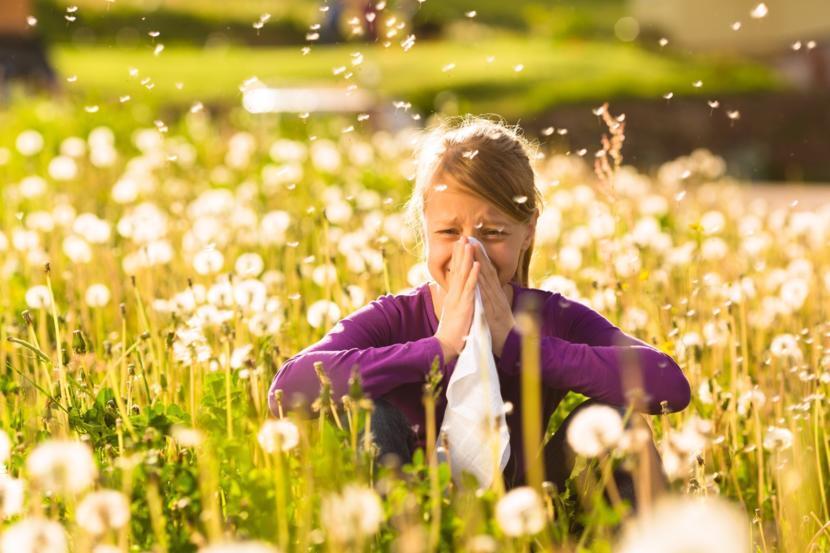How Do I Protect Myself from Spring Allergies?
Pollen is commonly known to trigger allergies in the spring. Learn about some of the steps you can take to avoid allergies from flaring up.

Pollen grains from flowers are the main cause for spring allergies. When pollen enters an individual's nasal cavities, particularly in those who are allergic to them, it stimulates the immune system to react in an allergic response. Antibodies produced by the immune system start attacking the allergens, resulting in the multitude of allergic symptoms. Many trees, like alder, box elder, cedar, cypress, elm, juniper, maple, oak, olive, pine, and willow, produce pollen, which triggers harmful and irritating allergic reactions. Many grasses and weeds, like Bermuda, June, orchard, saltgrass, timothy, and perennial rye are also culprits in the spring. Symptoms of spring allergies can vary with each individual, but some symptoms can be severe when the weather is windy as the amount of pollen grains increase and are carried by the wind.
The main symptoms of spring allergies
Symptoms of spring allergies include, but are not limited to:
- Runny nose
- Sneezing
- Cough
- Watering of the eyes
- Itching in the nose and eyes
- Asthma, in those who are prone to it
Follow these guidelines to avoid spring allergies
Here are some guidelines that will help you avoid spring allergies:
- Avoid exposure to the allergens by staying indoors especially when the allergens are in the air. The number of pollen in the air is found to be higher in the morning.
- Have the doors and windows closed during spring.
- Keep an air filter.
- Avoid accumulation of pollen in all places possible at home, like shelves, carpets and vents.
- Use a vacuum cleaner at home to remove the allergens, like pollen, mold and dust.
Methods of treatment for controlling symptoms
Many treatments for spring allergies can be found over-the-counter. Some of these treatments include:
- Antihistamines – It reduces sneezing and itching
- Decongestants – Relieves congestion in the air passages
- Nasal sprays – Clear the nasal passages
- Eye drops – To prevent itching and watering of eyes
Before taking any medication, be sure to always talk to your doctor.













